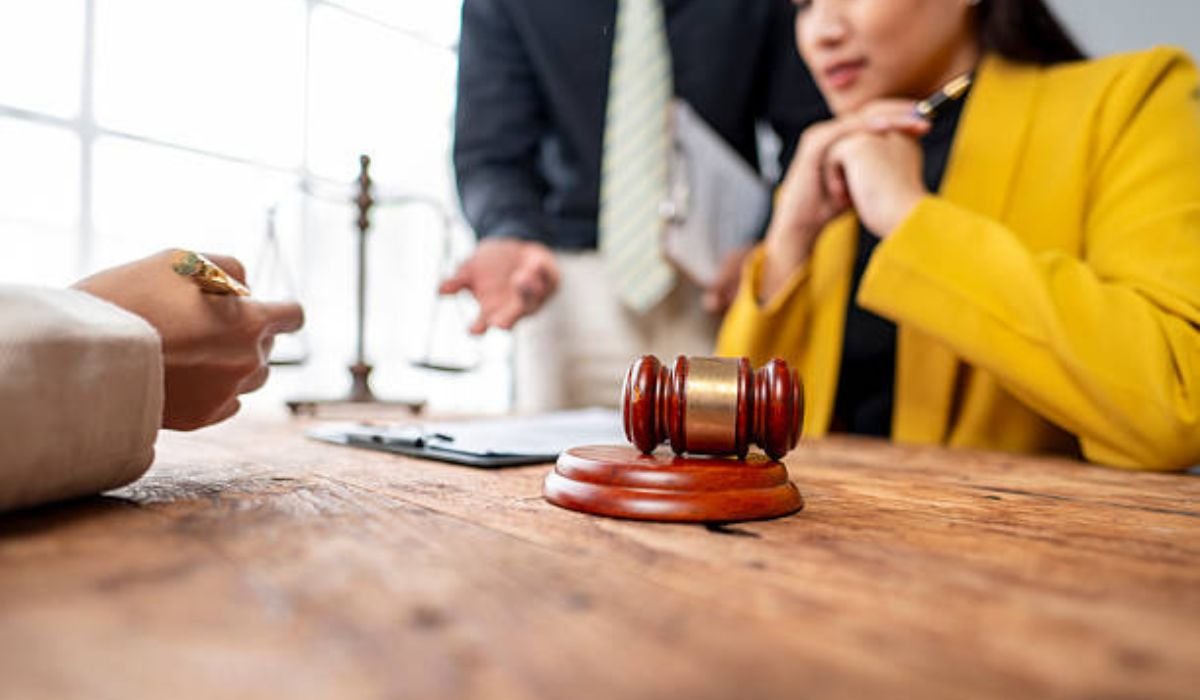New York City, with its bustling streets and constant energy, presents an environment where accidents are unfortunately all too common. From crowded intersections to busy public spaces, the potential for personal injuries is ever-present. Whether you’re a long-time resident or just visiting, knowing your rights in the aftermath of an accident can significantly impact the outcome of your case. Firms like Grigor Law Injury & Car Accident Lawyers understand the unique challenges faced by individuals in this fast-paced metropolis and are dedicated to helping victims navigate the complexities of personal injury claims.
Personal injury law protects those who have been harmed due to the negligence or recklessness of others. Understanding your rights is crucial. From car accidents and slip-and-fall incidents to medical malpractice, knowing how the legal system works and the steps you need to take ensures that you are properly compensated for both the financial and emotional tolls of an injury. Having a skilled lawyer by your side is essential for obtaining the justice you deserve.
What Is a Personal Injury Case?
A personal injury case arises when a person sustains injuries due to the actions or negligence of another individual. These cases include car accidents, slips and falls, and medical malpractice. Although many of these cases pertain to physical harm, emotional or psychological damage can also warrant a personal injury case. Understanding the types of personal injury cases can help an individual identify when they may have a claim.
Why You Should Have Legal Representation
You must have legal representation in a personal injury case. A lawyer can help you make sure that you fully understand your rights and the processes that take place. A lawyer can evaluate a case, collect evidence, and speak to insurance agents on your behalf. They are instrumental in ensuring that the victim gets the right compensation.
Determining Liability
Liability is a key element found in every personal injury case. Liability consists of the issue of assigning legal responsibility for the injury by collecting evidence such as witness statements, photographs, and medical records. An extensive investigation helps in proving your case, which also increases the chances of a successful outcome.
READ ALSO: The Biggest Mistakes People Make After a Personal Injury Accident
Understanding Compensation
Injured parties are compensated to restore their pre-accident state. Compensation includes medical expenses, lost wages, and pain and suffering. It can be difficult to calculate compensation and account for all damages. A lawyer can help you understand the extent of your damages and pursue appropriate compensation.
The Role of Insurance Companies
Insurance companies often play a crucial role in personal injury cases. They process claims and pay out compensation. That said, they often aim to reduce payouts. Knowing this is vital for people who want compensation for their injuries. A legal representative can negotiate with insurance companies to get a fair settlement.
How to File a Claim
There are several steps involved in a personal injury claim. The first step is to alert the party at fault and the respective insurance provider. Documents, including medical records and accident details, are essential. At this point, the claim is filed, and you will begin negotiating with the insurance company. If no agreement can be reached, the case may go to court.
The Statute of Limitations
The statute of limitations is a key part of any personal injury case. This relates to the timeframe for filing a claim and can vary by jurisdiction. If you miss this deadline, you may lose the ability to seek compensation. It is important to know this time frame to protect your rights.
Settlements vs. Trials
The majority of personal injury cases settle out of court. A settlement is an agreement between the parties without any legal action being taken. This might be a quicker and more convenient way to resolve disputes. If a fair resolution is not reached, going to trial may be the next step. There are benefits and drawbacks to each, and individuals should think through them.
Protecting Your Rights After an Injury
Understanding your rights in a personal injury case is crucial for obtaining fair compensation. A lawyer can explain your rights, collect evidence, negotiate with insurers, and represent you in court. Learning about the process, documenting everything, and seeking legal representation can help you navigate the aftermath of an injury.
YOU MAY ALSO LIKE: What Counts as a Serious Injury in New York Personal Injury Cases?

